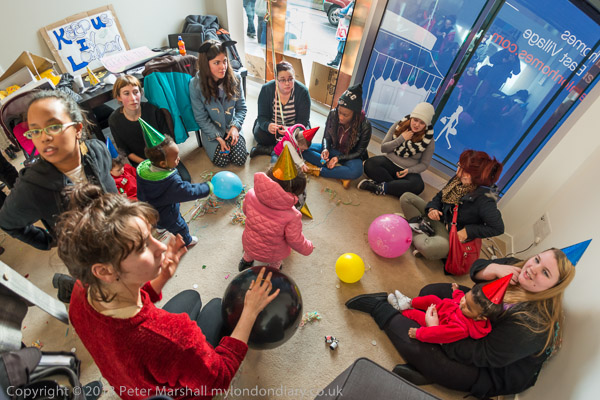
Focus E15 Mothers Party Against Eviction 2014
Housing remains one of London’s larger problems, with sky-high house prices and market rents. At the start of 2022 the average flat rent in London is over £360 per week – around £19,000 per year, while the average property price according to Zoopla is £681,427.
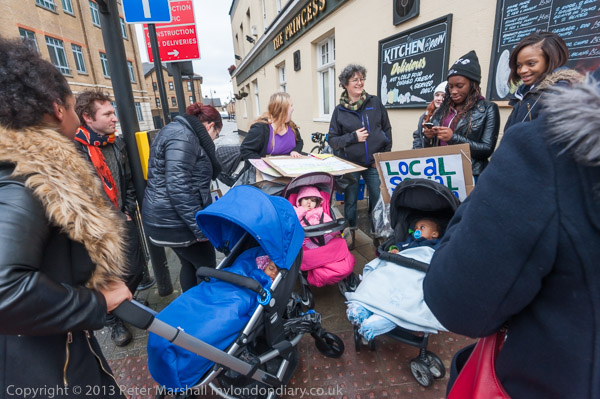
Housing has always been a problem in London, but in the 1950s, 60s and 70s things were beginning to improve, largely due to both Labour and Conservative councils building council houses and flats. By the 1960s over 500,000 new flats were added in London and nationally around a third of UK households lived in social housing.
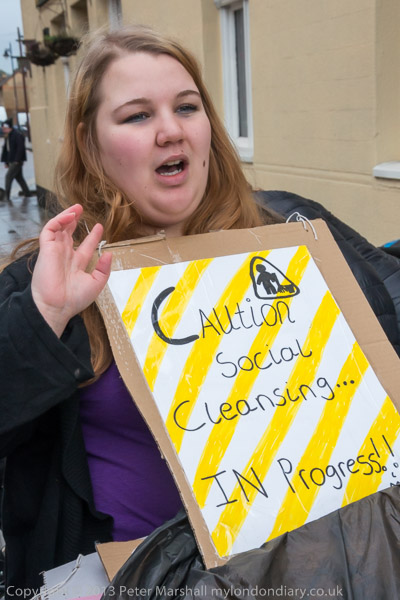
The government’s minimum wage for 2022 will be £9.50 per hour from April – an on that rate you would need to work for around 38 hours a week just to pay for a flat – and of course would have no chance of ever buying a flat or house. Things have got considerably worse since 2010, and in boroughs like Newham average rents now are 65% of average wages.
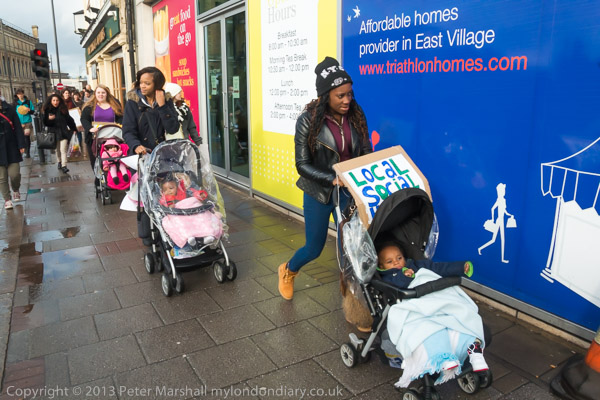
The building programme slowed down in the 1970s as governments made it more difficult for councils to build, but the real watershed came with Margaret Thatcher’s 1980 Housing Act which gave council tenants the right to buy their properties at between 33-50% of market value – and stopped councils from using the proceeds to built more properties.
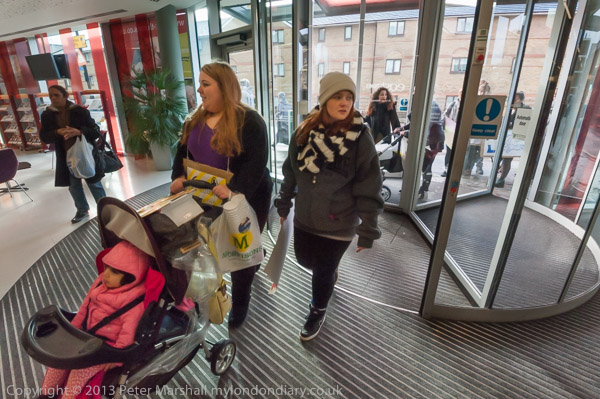
Further housing acts under Thatcher led to the transfer of much social housing to housing associations, which were allowed to access private finance while councils were very much restricted in their borrowing. Housing associations continue to build some new properties, but the numbers are small in relation to demand, and much lower than those built by councils in the 1950s-70s. Official figures for 2019 show only 37,825 new homes built for letting at below market rents while over 1.1 million households are on housing waiting lists – around 30 times as many.
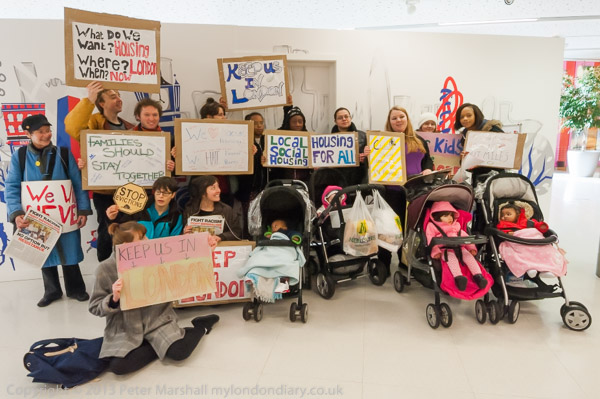
So it is not surprising that councils such as Newham have a huge housing problem, and the council says it has the highest levels of overcrowded housing in the country, one of the highest proportion of people living in insecure private rented homes and in houses of multiple occupation and the largest number of homeless people – including those in temporary accommodation.

Newham was one of the first councils to get an elected Mayor in 2002, and Robin Wales held that post until 2018 when he was deselected as candidate. Many blame him for the particular failures over housing in the borough and point to properties on the Carpenters Estate in particular, some of which have been deliberately left empty for around 15 years.
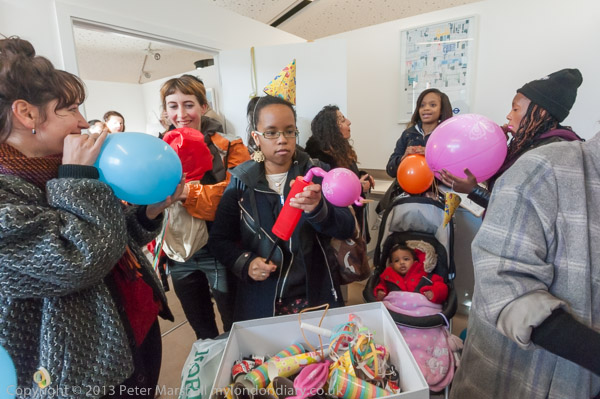
The first group to organise and call out the council on their failures over housing were young single mothers who were threatened with eviction after Newham Council removed funding from East Thames Housing Association’s Focus E15 Foyer in Stratford. Newham Council had tried to get them to move well away from London, in Hastings, Birmingham and elsewhere, away from friends, families, colleges, nurseries and support networks. These offers were for private rented accommodation, with little or no security of tenure and would leave them at the mercy of often unscrupulous or uncaring landlords.

For once the group stood together and determined – helped by friends – to fight the council, not just for their own cases, but also for others whom Newham is failing to provide accommodation. Though they attracted national publicity and won their fight to stay in the London they continue to hold a weekly protest and advice stall in central Stratford every Saturday – I visited it again in late 2021. Their fight exposed the failures of Robin Wales and was certainly one of the factors in his losing support in the borough.
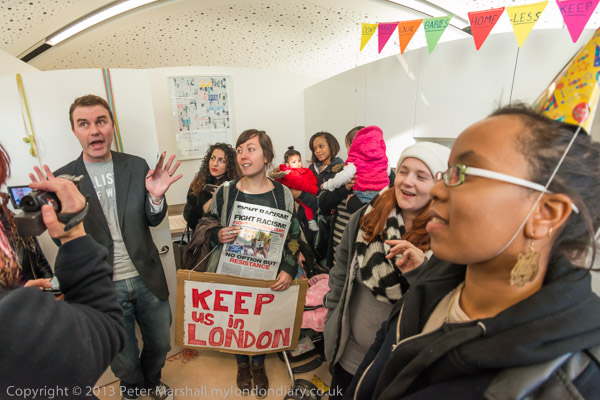
You can read more about the protes when a group of the mothers with their children went into the East Thames offices and held a party in their show flat on on My London Diary in Focus E5 Mothers Party Against Eviction. The East Thames staff who came to talk with them were generally sympathetic and attempted to reassure them but told them it was the responsibility of the council and not the housing association to rehouse them.